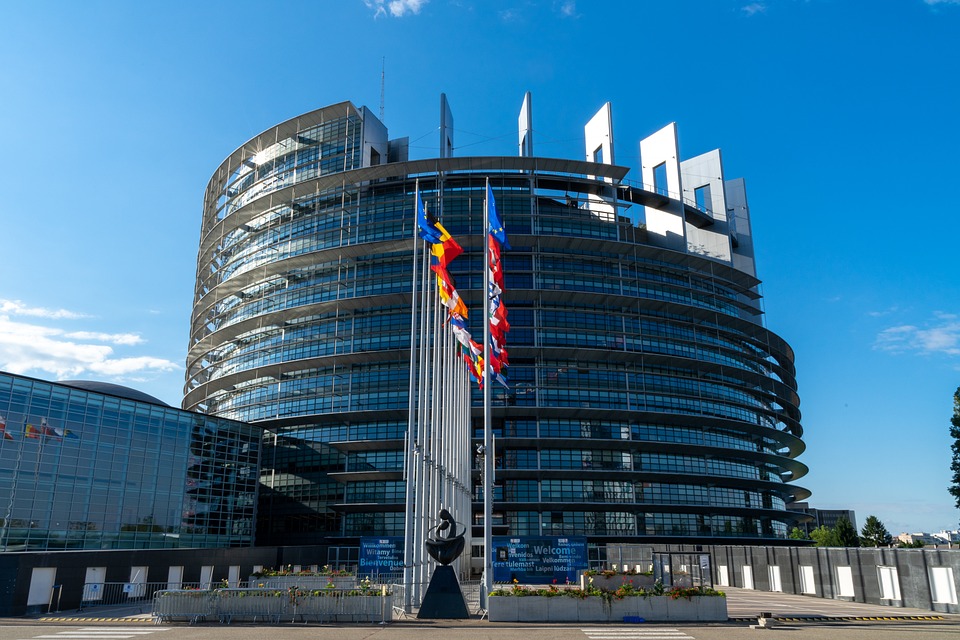Brussels, May 28, 2025 — The European Union has announced a significant easing of its longstanding sanctions against Syria, signaling a policy realignment that mirrors recent steps by the United States to support the country’s transitional authorities following the fall of the Assad regime.
The decision, unveiled on Wednesday, removes a majority of economic restrictions imposed over the past decade. The sanctions relief is designed to provide economic breathing room to Syria’s post-Assad interim government, which has been recognized by Western allies following years of civil conflict and international isolation.
While the move marks a major turning point in EU foreign policy toward Syria, it is not without caveats. The EU has retained sanctions against individuals and entities believed to be responsible for human rights abuses or considered security threats—criteria that largely apply to former regime officials and security operatives loyal to President Bashar al-Assad.
Additionally, the EU has imposed new targeted sanctions on two individuals and three armed factions allegedly involved in the massacre of Alawite civilians in March 2025. The names of the sanctioned parties were not immediately disclosed but are expected to be published in the EU’s official journal in the coming days.
Speaking at a press briefing, EU foreign policy chief Kaja Kallas described the sanctions relief as “conditional”, stressing that it could be reversed without requiring fresh approval from EU member states.
“This is not a blank check. The interim government must demonstrate progress on human rights, political inclusion, and transitional justice. If these benchmarks are not met, sanctions can and will be reimposed,” Kallas said.
The EU’s decision follows a similar move by the Trump administration, which last month lifted key U.S. sanctions targeting Syria’s financial and energy sectors, citing the need to stabilize the country’s economy and support reconstruction efforts under a new political framework.
While the easing of sanctions has been welcomed by some humanitarian organizations as a step toward rebuilding Syria’s devastated infrastructure and institutions, critics caution that economic engagement must be carefully managed to avoid empowering former regime networks.
The shift in Western policy comes amid ongoing efforts by the United Nations and regional actors to support a fragile political transition and avoid a relapse into conflict. Despite the fall of Assad, large parts of Syria remain under the control of various armed groups, and security conditions continue to pose challenges to reconstruction and governance.
The European Union has pledged to monitor developments closely and coordinate with international partners to ensure that sanctions relief contributes to sustainable peace and accountable governance in Syria.



